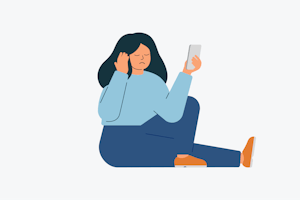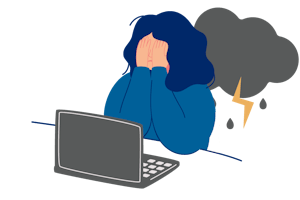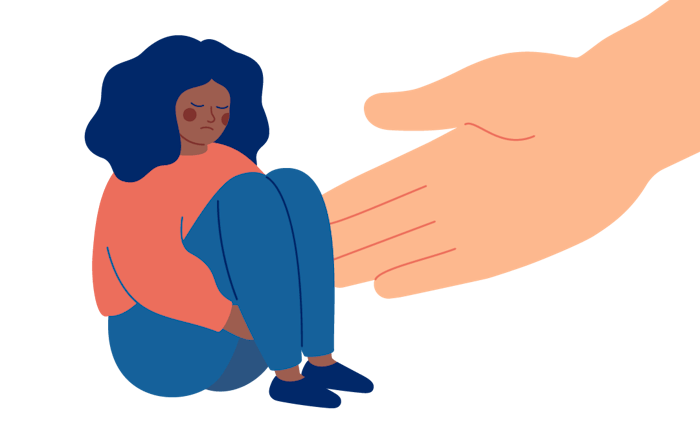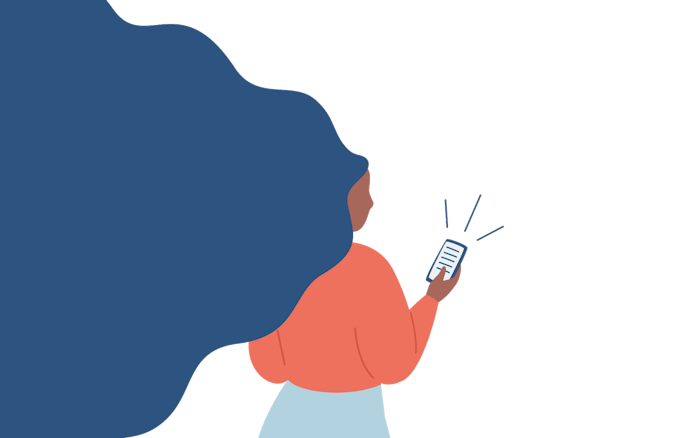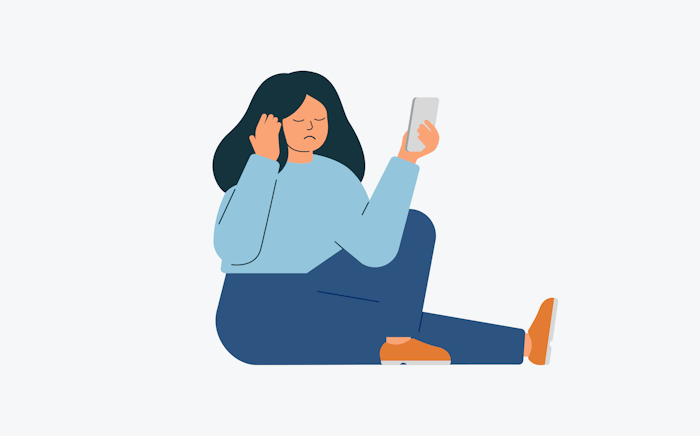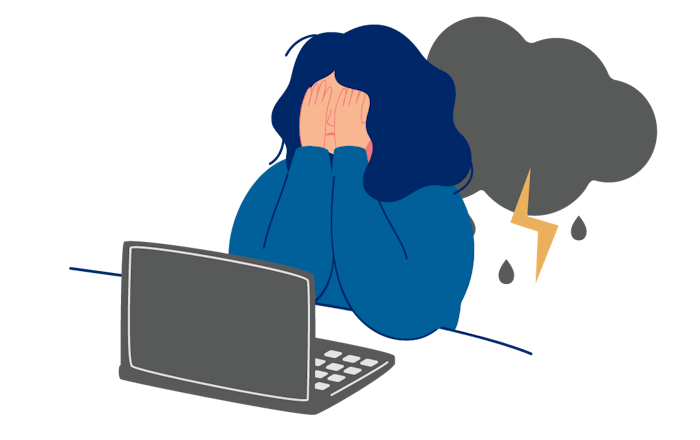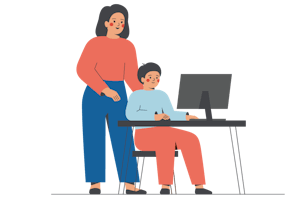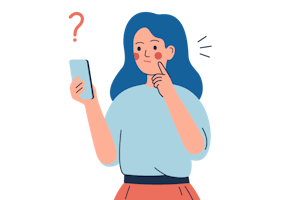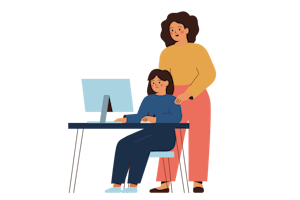Tips
Here is advice if photos of you are shared without permission or you feel violated online in any way. Online abuse is various so maybe not all points will apply.
This is not your fault.
People often feel ashamed when a nude photo of them is shared online. Some feel like it‘s their fault. But you didn‘t do anything wrong, even if you sent the photo in the first place. You didn‘t ask to be put in this position.
Ask for the photo to be deleted.
If you know the person who shared the photo, ask for it to be removed in your presence. If you don‘t know the person, write them a message. Point out that this act is illegal and ask for the photo to be deleted.
Check where it was shared.
Was the photo shared on a friend‘s phone, in a closed Facebook group, or is it visible to everyone on Instagram? Google your name to see what information about you is visible online.
Store the evidence.
If the person refuses to delete the content, take photos or screenshots of photos, videos, or text related to the incident. Then you have evidence of what happened. It is a good idea to ask friends or family to help with gathering evidence. They can be used to prove the violation and report it to social media or the police.
Report it to social media.
Photos can spread quite fast, even if only 1 person shares the photos on their profile. Report it as soon as you can. It is important to explain the reason why the photo should be deleted. That could be reasons like this is a violation of your personal life, someone made a fake account in your name, or the nude photo violates the rules of social media.
Talk to an adult.
It can be difficult or awkward to tell someone. However, problems tend to become easier to deal with when you talk about them out loud instead of carrying them alone. Therefore it is important to talk to an adult that you trust. It is your parent‘s duty to help you. Remember that your parents were also young once, so it‘s likely they will understand.

